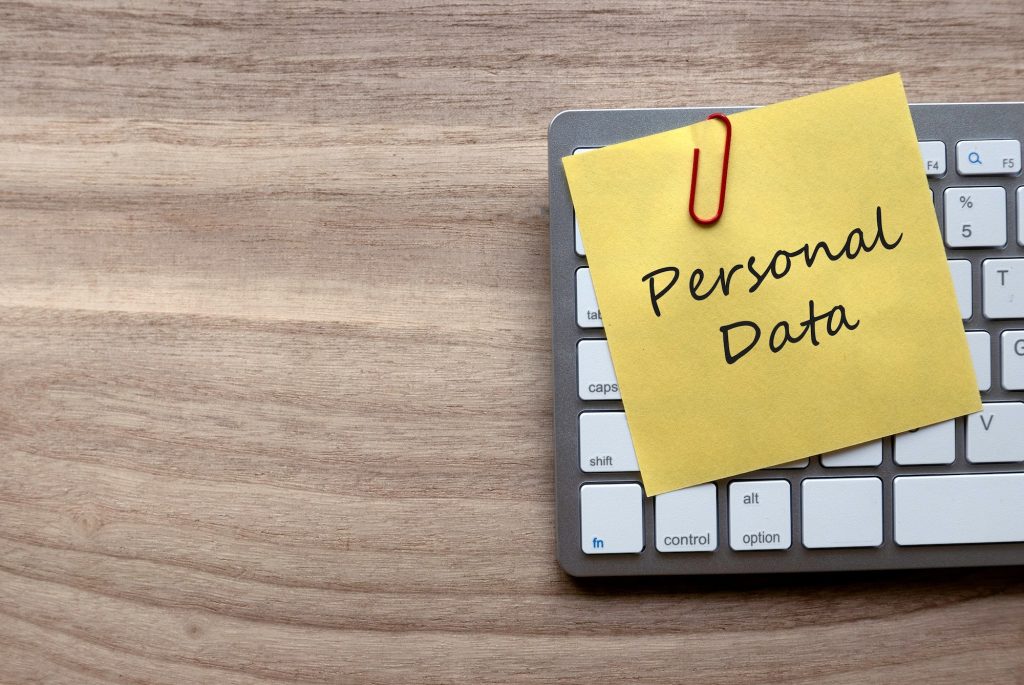
Personal information has become an asset. From online shopping to social media platforms, individuals constantly share their data without fully understanding the potential risks involved. This is where data privacy and GDPR compliance come into play. These regulations protect individuals’ personal information from unauthorized access and misuse.
The importance of protecting personal information cannot be overstated. Personal data includes sensitive details such as names, phone numbers, email addresses, and financial information. With this information, cybercriminals can commit identity theft, fraud, or other malicious activities that severely affect the victims.
One of the main reasons why protecting personal information is crucial is because it helps maintain individuals’ privacy and security. In an era where everything is connected through the internet, it is easy for hackers to gain access to personal data if proper security measures still need to be implemented. By implementing strong data privacy practices and complying with GDPR, organizations can ensure that individuals’ personal information remains confidential and secure.
Furthermore, protecting personal information also fosters trust between organizations and their customers or users. When people feel confident that their data will be handled responsibly and securely by an organization or platform they interact with online, they are more likely to engage in online activities without fear of violating their privacy.
Data breaches have become increasingly common in recent years due to the growing amount of personal data being stored digitally. These breaches result in financial losses and damage a company’s reputation. The General Data Protection Regulation (GDPR) was introduced by the European Union (EU) to address these concerns by establishing strict rules for how organizations handle personal data.
GDPR compliance requires organizations to obtain explicit consent from individuals before collecting their data and informing them how it will be used. It also gives individuals the right to access their data, request its deletion, and be informed about possible data breaches. Failure to comply with GDPR can result in significant fines and penalties for organizations.
